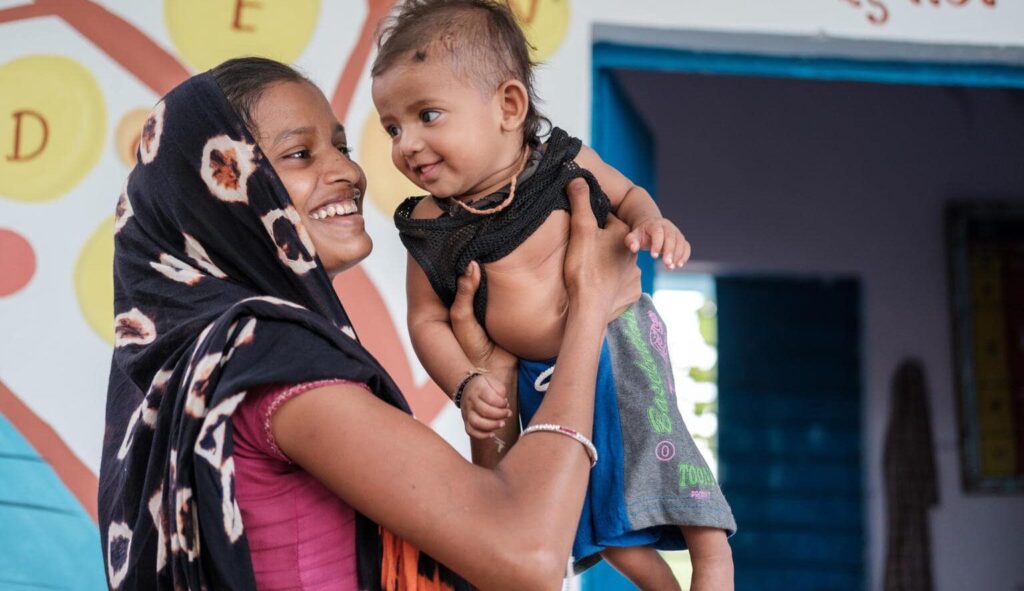Maternal health is a critical indicator of a society’s overall health and well-being. Despite significant advancements in healthcare, maternal mortality remains a pressing issue, particularly in developing regions such as Asia and South America. According to the World Health Organization (WHO), approximately 295,000 women died during and following pregnancy and childbirth in 2017, with 94% of these deaths occurring in low-resource settings. This article delves into the current state of maternal health, the efforts of various organizations to improve it, and the role of philanthropy in driving sustainable change.
The Global Landscape of Maternal Mortality
Maternal mortality refers to deaths due to complications from pregnancy or childbirth. The WHO reports that the global maternal mortality ratio (MMR) in 2017 was 211 maternal deaths per 100,000 live births. However, this figure masks significant regional disparities. In Asia, the MMR varies widely, with South Asia reporting 163 deaths per 100,000 live births, while East Asia has a much lower MMR of 27. In South America, the MMR stands at 74 per 100,000 live births, with countries like Bolivia and Guyana experiencing higher rates.
Factors Contributing to Maternal Mortality
Several factors contribute to the high rates of maternal mortality in these regions:
Lack of Access to Quality Healthcare: Many women in rural and low-income areas lack access to skilled healthcare providers during pregnancy and childbirth. According to the World Bank, only 59% of births in South Asia are attended by skilled health personnel.
Socioeconomic Barriers: Poverty, lack of education, and gender inequality exacerbate maternal health issues. Women in low-income households are less likely to receive adequate prenatal and postnatal care.
Cultural Practices: In some communities, traditional practices and beliefs can hinder access to modern healthcare services, increasing the risk of complications during pregnancy and childbirth.
Health System Challenges: Weak health systems, including inadequate infrastructure, insufficient medical supplies, and a shortage of trained healthcare workers, contribute to high maternal mortality rates.

Aligning with Sustainable Development Goals (SDGs)
Improving maternal health is a key component of the United Nations’ Sustainable Development Goals (SDGs), specifically SDG 3: Good Health and Well-being. Target 3.1 aims to reduce the global maternal mortality ratio to less than 70 per 100,000 live births by 2030. Achieving this target requires concerted efforts from governments, non-profits, social impact organizations, and philanthropists.
Several organizations are at the forefront of improving maternal health and reducing maternal mortality:
UN Women: UN Women works to promote gender equality and empower women, addressing the social determinants of maternal health. Their programs focus on improving access to healthcare, education, and economic opportunities for women.
Save the Children: This global non-profit organization provides maternal and child health services in some of the world’s most vulnerable communities. Their initiatives include training healthcare workers, providing essential medical supplies, and advocating for policy changes to improve maternal health.
The Bill & Melinda Gates Foundation: The foundation invests in innovative solutions to improve maternal and newborn health. Their efforts include funding research, supporting healthcare infrastructure, and promoting the use of data to inform policy and practice.
Maternal Health Task Force (MHTF): Based at the Harvard T.H. Chan School of Public Health, MHTF works to improve maternal health through research, advocacy, and capacity building. They collaborate with partners worldwide to share knowledge and best practices.
The Role of Philanthropy
Philanthropy plays a crucial role in addressing maternal health challenges. Philanthropic organizations and individuals provide essential funding for programs that improve access to quality healthcare, support research and innovation, and advocate for policy changes. For example, the MacArthur Foundation’s Maternal Health Initiative focuses on reducing maternal mortality and morbidity in Nigeria and India by supporting community-based interventions and strengthening health systems.
Maternal health is a vital aspect of global health that requires urgent attention and action. The high rates of maternal mortality in Asia and South America highlight the need for targeted interventions to address the underlying causes. By aligning efforts with the Sustainable Development Goals and supporting the work of organizations dedicated to improving maternal health, we can make significant strides towards ensuring that every woman has access to the care she needs during pregnancy and childbirth.
Philanthropy Global Catalogue remains committed to amplifying the impactful stories of organizations working to improve maternal health. By fostering collaboration and advocating for comprehensive solutions, we can contribute to a world where no woman dies from preventable causes related to pregnancy and childbirth. Together, we can make a lasting impact and ensure a healthier future for all.